Falls Prevention Awareness Week 2024: Embracing Digital Innovation
Tags:
Falls Prevention Awareness Week is back, from September 23rd to 27th 2024. This important event is a reminder of the need to address falls within health and social care settings, particularly hospitals. Did you know that falls are the leading cause of emergency admissions for those aged 65 and above? Shockingly, 30% of people over the age of 65 experience at least one fall each year. The aim for Falls Prevention Awareness Week is to raise awareness on preventing falls, reducing the risk of falls, and helping older adults live without fear of falling.
According to a report from Age UK, falls are the primary reason older individuals find themselves admitted to hospitals. The NHS England Urgent and Emergency Care plan underscores the need for special care for older individuals, particularly those who are frail, as they might require extended hospital stays. Therefore prioritising patient safety and resident outcomes is crucial when addressing fall prevention strategies.
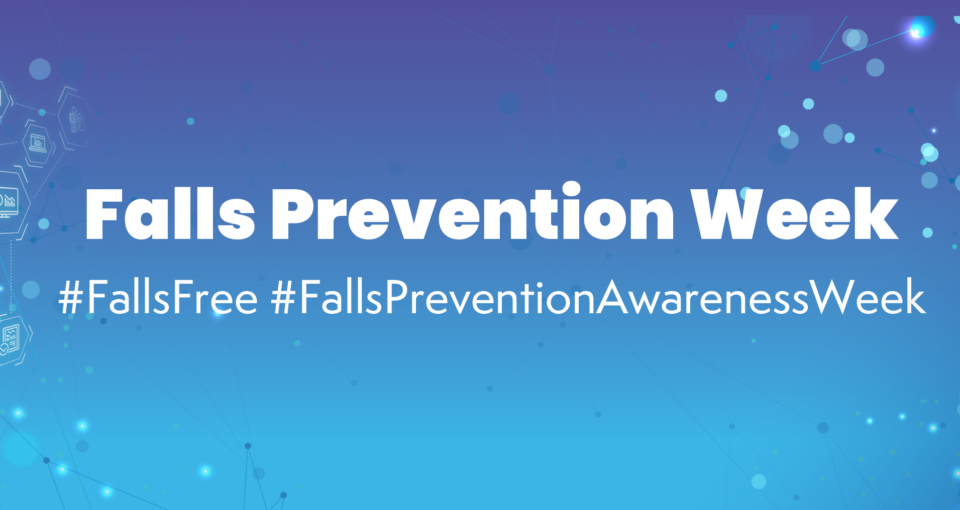
The Impact of Falls
Falls result in more than just immediate physical injuries; they have far-reaching effects on both the individuals who fall and the broader health and social care systems that support them. In this clip, Antony Hall, Director of Regulations at HC-One, and Paul Johnson, CEO of Radar Healthcare, discuss the critical importance of falls prevention and its impact.
“A key indicator of quality for me is our ability to reduce adverse events and incidents. Preventing falls, for example, directly impacts residents by reducing potential injuries that could affect their quality of life. It is our duty of care within this partnership to minimise these incidents.” Paul Johnson, CEO of Radar Healthcare
"When a resident falls, the caregiver records the incident on a handheld device, which then updates Radar Healthcare. With an efficient data flow, the caregiver can also note other crucial details such as missed medications, refusal of medications, inadequate food or water intake, or potential infections. By compiling this information, we gain a comprehensive view of the person, helping us understand the cause of the fall. This integrated data approach enhances our ability to provide effective care and is the driving force in what we are wanting to achieve."
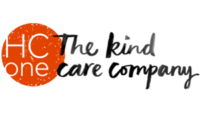
Digital Technology: Enhancing Fall Prevention
Innovations such as wearable devices and artificial intelligence (AI) offer new solutions for reducing falls and there are multiple options available for providers to determine what will work best for the people that they support. These technologies enable real-time monitoring and instant alerts with AI even sifting through data to identify those at higher risk of falling. All of which can feed valuable data into systems like Radar Healthcare.
Radar Healthcare’s fall’s dashboard takes this a step further by visualizing these risks, providing health and social care organisations with actionable insights to improve lives. This tech-driven approach allows for proactive measures and timely interventions, transforming the standard of care.
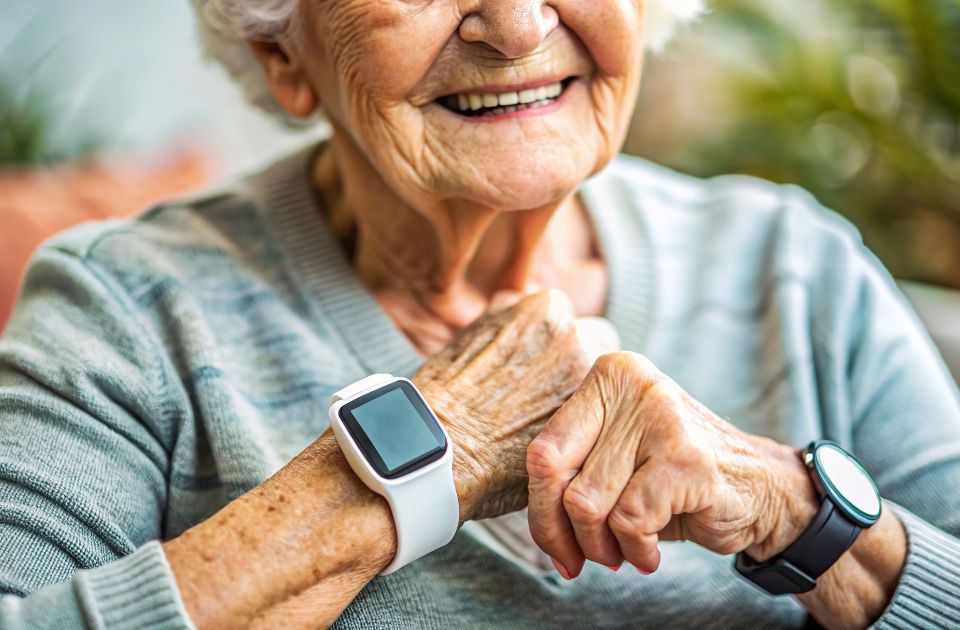
Spotlight on Innovation: Radar Healthcare’s Falls Dashboard
Take a look at this walkthrough video of our Falls Dashboard. This powerful tool within our Analytics module provides an instant overview of fall-related data, including
- Number of falls
- Fall reasons
- Contributing factors
- Types of falls per month
- Top 10 fall locations etc.
This comprehensive dashboard helps organisations quickly spot trends, identify improvement areas, and manage risks efficiently.
Success Story: Gorsey Clough
Let’s celebrate success. Gorsey Clough, a residential and nursing care home, customised their Incident Reporting System to include specific categories such as falls and pressure ulcers. Each category follows a tailored process. For falls, the software prompts the completion or review of fall risk assessments and the updating of mobility care plans based on residents’ changing needs. Previously overlooked actions are now routine, thanks to Radar Healthcare. This ensures all potential risks are identified and managed effectively.
"Moving from an ‘Inadequate’ to a ‘Good’ CQC rating in such a short period of time is a significant achievement and the implementation of Radar Healthcare has been instrumental in this. We have an overall picture of the quality of care we are delivering; we can see where things are going wrong but more importantly, we have access to data and information which helps us prevent things from going wrong in the first place.
It has provided the team and the CQC with confidence that we now have the systems in place to deliver the highest standard of care."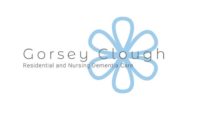
A Collaborative Effort
During Falls Prevention Awareness Week, it’s crucial to recognise the need for both collaboration and innovation. Integrating digital technology can greatly enhance fall prevention efforts. Wearable devices and AI analytics improve monitoring and enable swift, proactive responses. By learning from successful examples like HC-One and Gorsey Clough, health and social care organisations can adopt strategies to minimise the negative impacts on those in their care.
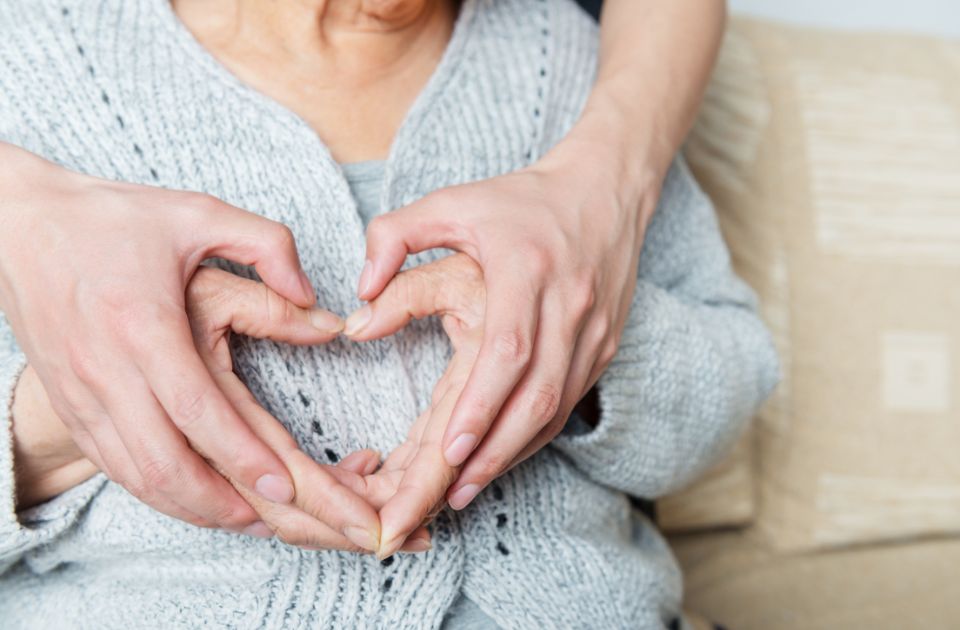
Book your free demo






